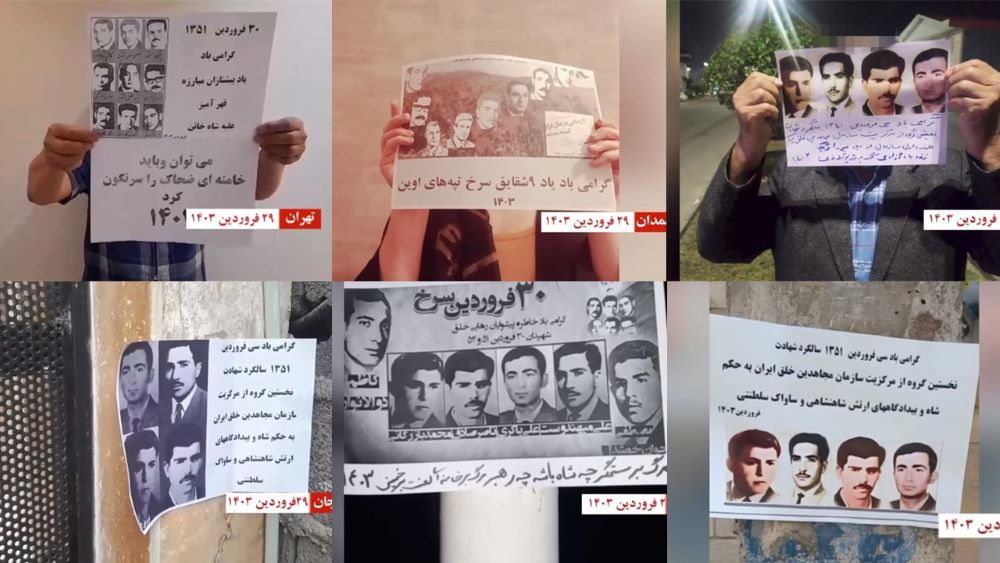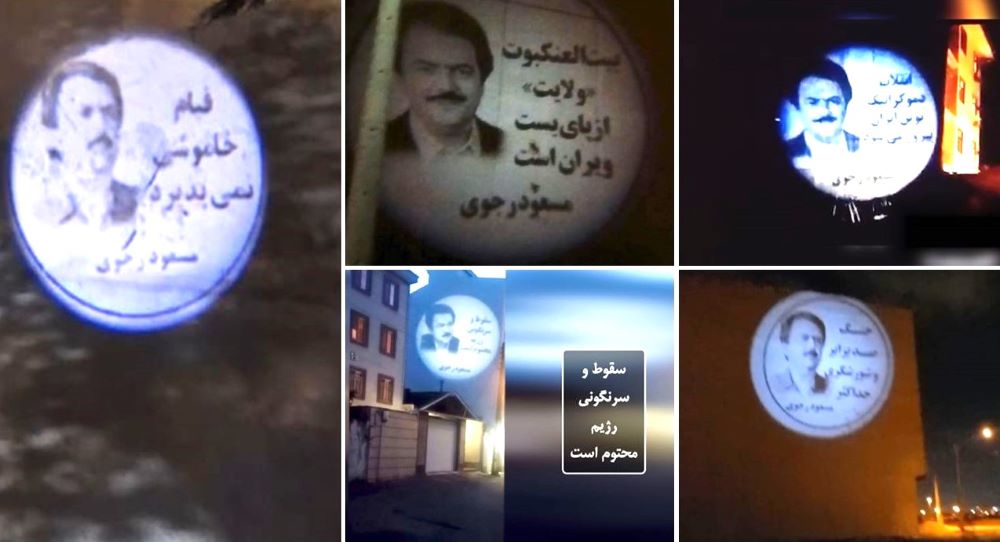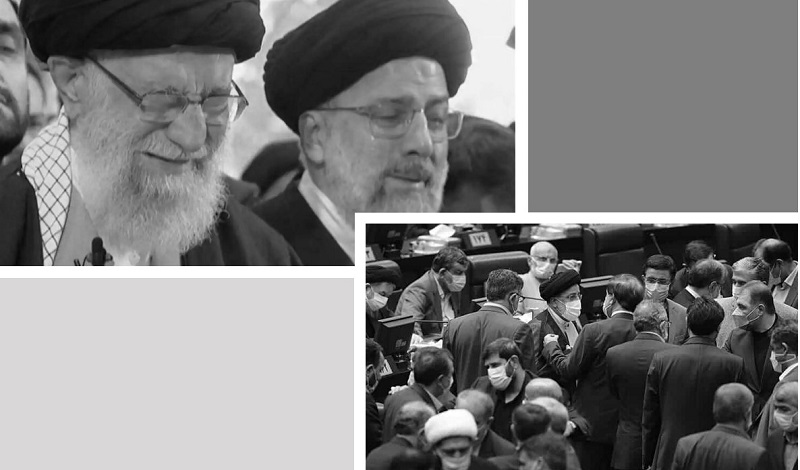
Back in March 2020, when the Iranian regime’s sham parliamentary elections were underway, under the orders of Supreme Leader Ali Khamenei, the Guardian Council made the decision to sideline the regime’s ‘reformist’ faction. In its place, they fulfilled Khamenei’s want for a parliament filled with loyalists ahead of the major purge that came the following year during the presidential election.
Under Khamenei’s orders, in June 2021, Khamenei’s senior advisor, Ali Larijani, and then-vice president Eshagh Jahangiri were disqualified from the presidential elections by the Guardian Council, to ensure that Khamenei’s chosen nominee, former Judiciary Chief Ebrahim Raisi would secure the presidential role.
The National Council of Resistance of Iran (NCRI) said, “The explosive state of society had sounded all the alarm bells for Khamenei. He knew that the slightest rift at the top could cause a swift crackdown of looming uprisings. Warnings were given in advance that ‘officials should avoid destroying unity and unanimity’ because the result would be the ‘fragmentation’ of the entire system in the face of a population yearning for change.”
Five months after Raisi and his administration were handpicked and installed to unite the regime, Iran’s mounting crises are further highlighting the cracks in the establishment. Infighting within the government has reached a boiling point, as members of parliament consistently question Raisi’s policies and empty promises, which are only adding to the growing threat of a social explosion.
On January 9, Khamenei called out the government parties in his speech during a visit to Qom, warning the parliament and government against ‘division’ and ‘confrontation’. His attempts to contain the infighting have seemingly gone unanswered, so he has been forced to accept the associated losses from this scandal while, at the same time, having to publicly announce that his own faction contains a variety of ‘fronts’.
The NCRI said, “One manifestation of this ‘division’ and ‘confrontation’ has emerged in connection with the Vienna talks. Ten months have passed since talks began but there is no realistic prospect of reviving the nuclear deal known as the JCPOA or lifting the sanctions.”
The infighting within the regime is mostly between two major camps. The first camp includes parliament speaker Mohammad Bagher Qalibaf; presidential deputy for economic affairs Mohsen Rezaei; senior advisor to the Supreme Leader, Ali Akbar Velayati; and, several other officials. Their stance is that the serious threat of social explosion has reached a critical level, and they see no other way for the regime to ‘interact with the world’ whilst also having to submit to the ‘will of world powers’.
The second camp includes Ahmad Alamolhoda, Khamenei’s Mashhad representative and Raisi’s father-in-law; Hossein Shariyatmadari, editor-in-chief of the Kayhan daily; along with a number of people affiliated with the Supreme Leader’s eldest son, Mojtaba Khamenei.
While their view is that they accept that the state of society is very serious, and by accepting the terms of the 2015 Iran nuclear deal will not solve any domestic problems, they are worried that the ultimate outcome will be the regime’s disintegration.
The NCRI said, “…as the regime is facing an increasingly united international community, a more unified Middle East region, and an all-time high determination of a restive society to bring about change, it’s just a matter of when, rather than if, the regime will ultimately collapse and be overthrown.”

